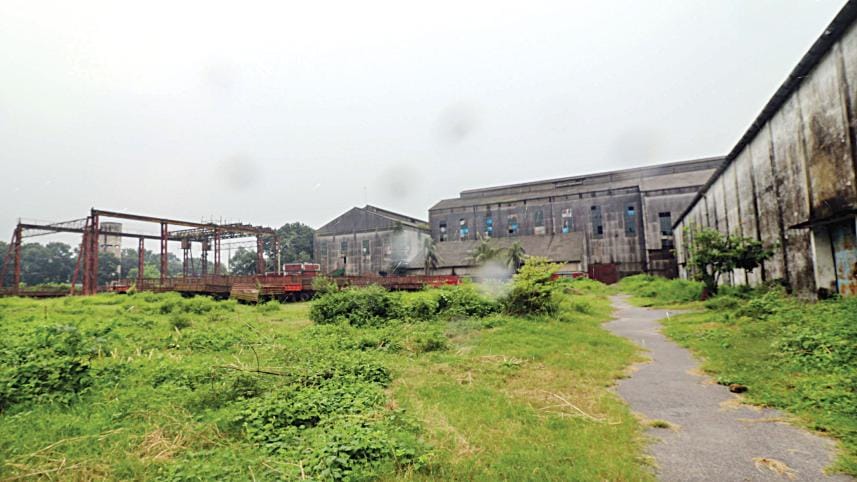Govt cancels MoU with S Alam for modernising state sugar mills

A memorandum of understanding (MoU) signed between the Bangladesh Sugar and Food Industries Corporation (BSFIC) and S Alam & Co, aimed at modernising ailing state-run sugar mills, has been cancelled by the government.
The agreement was signed on July 4 with initial plans to conduct a feasibility study before implementing projects to boost sugar production.
"The Ministry of Industries (MoI) cancelled the MoU that was signed with S Alam yesterday," said Zakia Sultana, senior secretary to the MoI.
According to her, the MoU was non-binding, for which it was possible to cancel it.
However, she did not offer any reason for the cancellation. Currently, just nine of the 15 sugar mills under the BSFIC are operational.
The government decided to close down the six others at the tail end of 2020 as they were continually incurring losses and were in desperate need of modernisation.
In a government order issued on December 2, 2020, the BSFIC said production at the state-owned sugar mills in Pabna, Shyampur, Panchagar, Setabganj, Rangpur and Kushtia would be halted until further notice.
That same month, companies from Japan, Thailand and the United Arab Emirates placed their final proposal to the MoI for a project that would see them team up to upgrade and ensure profitability of the six shuttered mills and export by-products.
Sutech Engineering Co of Thailand, Sharkara International of the UAE and Sojitz Machinery Corporation of Japan planned to invest Tk 5,000 crore under a joint venture.
With the Japan Bank for International Cooperation and Exim Bank of Thailand keen to finance the project, final approval from the Prime Minister's Office was expected by 2022.
However, this never materialised.
With the government moving slowly to implement the joint venture, S Alam and Co convinced the MoI to sign the MoU for modernising the mills, the BSFIC officials alleged.
According to the MoU, sugarcane production would have been boosted through the training of farmers in the use of different technology.
Alongside that, modern sugarcane processing plants, 6 MW agrovoltaic solar power plants, by-product processing plants and packaging factories would have been constructed.
Furthermore, cold storage and agricultural product processing industries would have been developed.
The concern voiced by the BSFIC officials aligns with numerous allegations against Mohammad Saiful Alam, head of S Alam and Co, which are going around in the aftermath of Sheikh Hasina's resignation as prime minister on August 5.
The Bangladesh Securities and Exchange Commission (BSEC) on Tuesday barred S Alam, his family members and the companies they own from transferring or selling their shares in six banks.
Meanwhile the Anti-Corruption Commission (ACC) decided to resume its investigation into S Alam in connection with money laundering.
An investigation by The Daily Star found that S Alam had built a US $1 billion empire in Singapore. On August 4, 2023, a report was published by the same daily highlighting the allegations.
Nine days later, the ACC launched an investigation in line with instructions from the High Court to find out if S Alam had taken money out of the country without approval from the central bank.
However, the Appellate Division of the Supreme Court scrapped the suo moto rule that had ordered the investigation in February this year. It added that the ACC could take legal steps of its own accord.
As such, the ACC decided to resume its investigations on August 22.
The ACC sources said all relevant records regarding the allegations will be collected, including how much money he borrowed from banks, what assets he might have acquired illegally, and in which sectors the money was invested.




 For all latest news, follow The Daily Star's Google News channel.
For all latest news, follow The Daily Star's Google News channel.
Comments